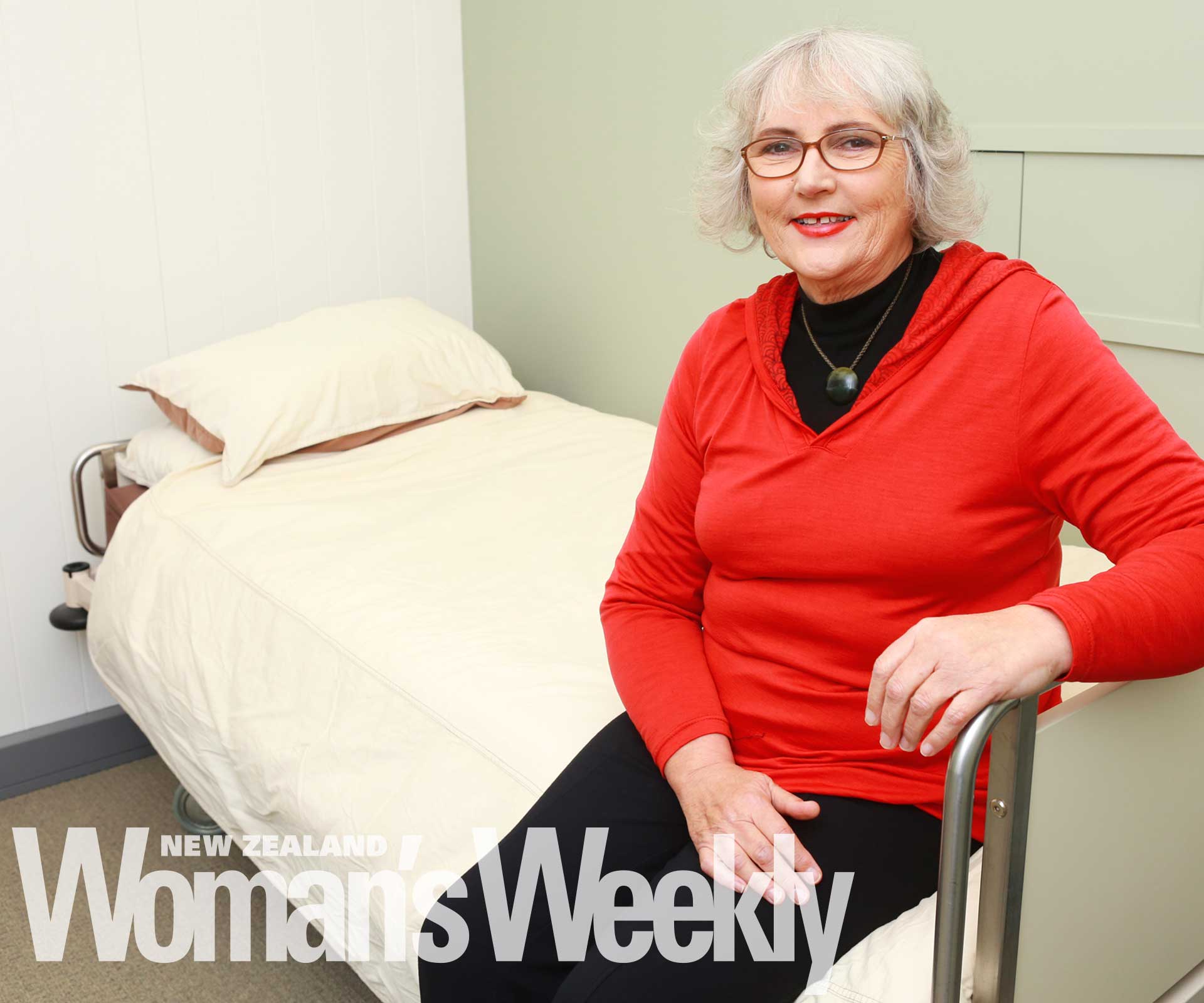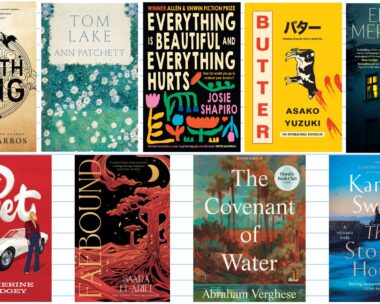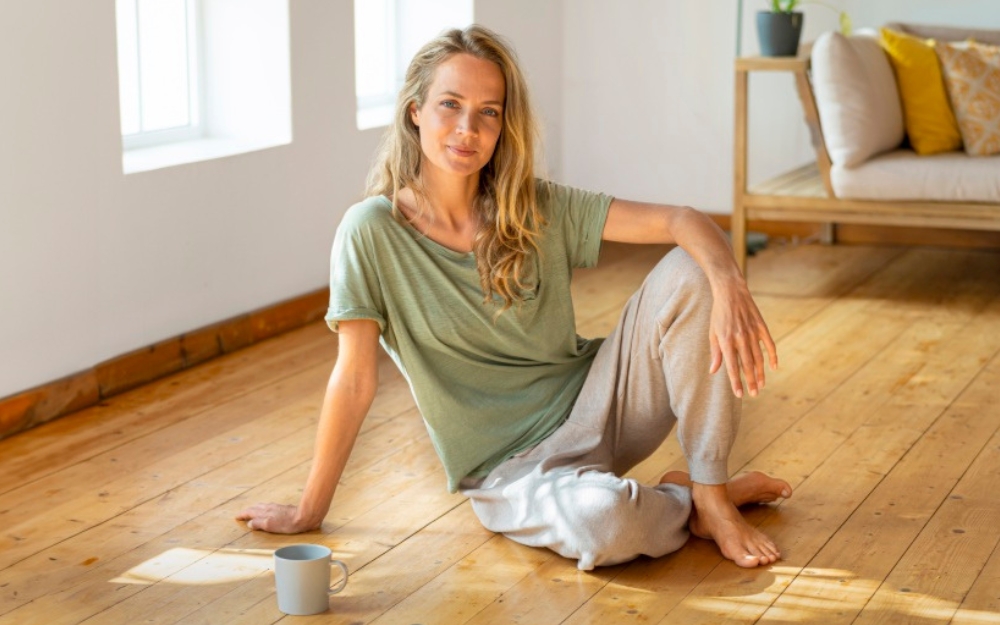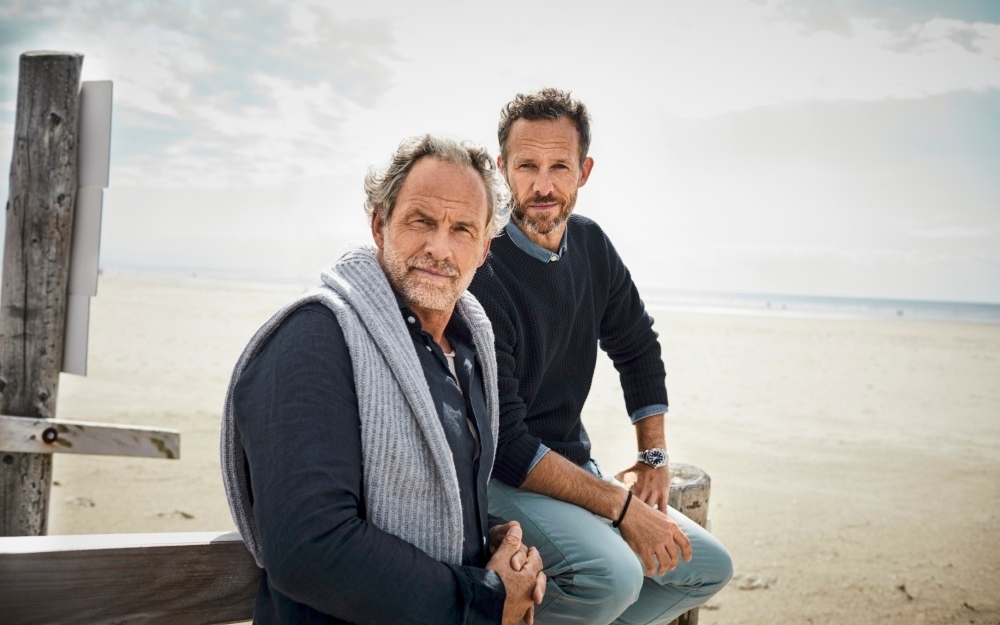Studying sleep patterns at Nasa led to Philippa establishing Wellington’s Sleep/Wake Centre and being made an officer of the New Zealand Order of Merit (ONZM).
I was dux of Rotorua Girls’ High School in 1971 and then went on to study at the University of Auckland. No-one in my family had been to university, which was a blessing because it meant there were no expectations about what was possible or reasonable to do!
I became interested in chronobiology, which is about rhythms in the body, at a very early stage when I was doing a second year zoology paper. I remember one of the senior professors, when I decided to do my Masters in it, calling it a ‘lunatic fringe discipline’ and that it was the waste of a good student. It was considered a very niche field 30 years ago.
After finishing my PhD, I got a Fulbright Fellowship to Harvard Medical School, where I did some work with monkeys – looking at how the circadian body clock is set up in the brain of primates – and worked on bio-mathematical modelling of the human sleep/wake cycle and how it is affected by things such as jet lag.
I was recruited by NASA in 1983. They had funding from Congress to look at the issue of the circadian body clock and sleep loss, and how that might be affecting pilots, and how it might be a safety issue.
Lots of people ask me about sleeping on a plane, which of course I’ve had to do over the years. Business class makes such a difference because you can lie flat, but then I am also about the size they designed aircraft seats for so I don’t find it too bad.
I was still doing consulting work for NASA when I came back to New Zealand. Then I thought I’d like to set up a lab here. I sent my CV to various places and got a response from the-then Dean of the Wellington School of Medicine, Linda Holloway. She said yes, if I could make it pay.

The Health Research Council came through with a repatriation fellowship which gave me a year’s salary to get things underway. And that’s how the Sleep/Wake Centre got started. It‘s still unique in New Zealand in its focus on the relationship between our health and sleep and waking functions.
At least a quarter of New Zealand adults say they have a chronic sleep problem and we know a minimum of about 13 per cent probably have treatable insomnia – yet there’s no funding in the health budget for the treatment of insomnia.
We’ve got a big work programme in the lab, led by Associate Professor Leigh Signal, looking at the sleep of women across pregnancy, and the interaction between mum’s sleep and baby’s sleep.
We’ve also been doing a lot of work with teenagers – they naturally move to a later sleep time, though a lot of parents think that’s just oppositional behaviour. We are also looking at shift work.
What has become clear in the past 10-15 years is that shift work has long-term health consequences for some people and so does restricting your sleep. Shift work has been identified as a carcinogen. In Denmark, for example, if women who have done 20-plus years of night work don’t have any of the other major risk factors get breast cancer, they will be compensated for that as a workplace illness.
I don’t think we’re going to move away from 24/7 living, so the challenge is to look at what science can tell us about how to do it better. The centre has a three-year grant to try to bring
a more systematic approach to shift work for nurses.

The belief that you need less sleep as you get older is not true. As you get older, you have lighter sleep, which means you’re more easily woken up, and you also tend to go to sleep and wake up earlier.
Music has always been a part of my life and I think keeping that side of my life alive helps my scientific side. I grew up playing the violin, but I also play the hurdy-gurdy [an ancient stringed instrument], which I learnt in France, where I lived for a time.
I wanted a hurdy-gurdy for years. My then-partner got sick of me and said, ‘put it on the mortgage’. I didn’t have to in the end – the payment I got from my first book allowed me to buy one. People either love or loathe them, but most who play it are utterly obsessed. I now have four and I have a wonderful student who, last year, became the first person in New Zealand to do NCEA level one music in hurdy-gurdy.”
If money wasn’t an issue I’d…
Give everyone enough to live decently.
My desert island companion…
A solar-powered cellphone so I could stay in touch with people until I got rescued.
Something I’ve never done but would like to…
Orbit the earth.




